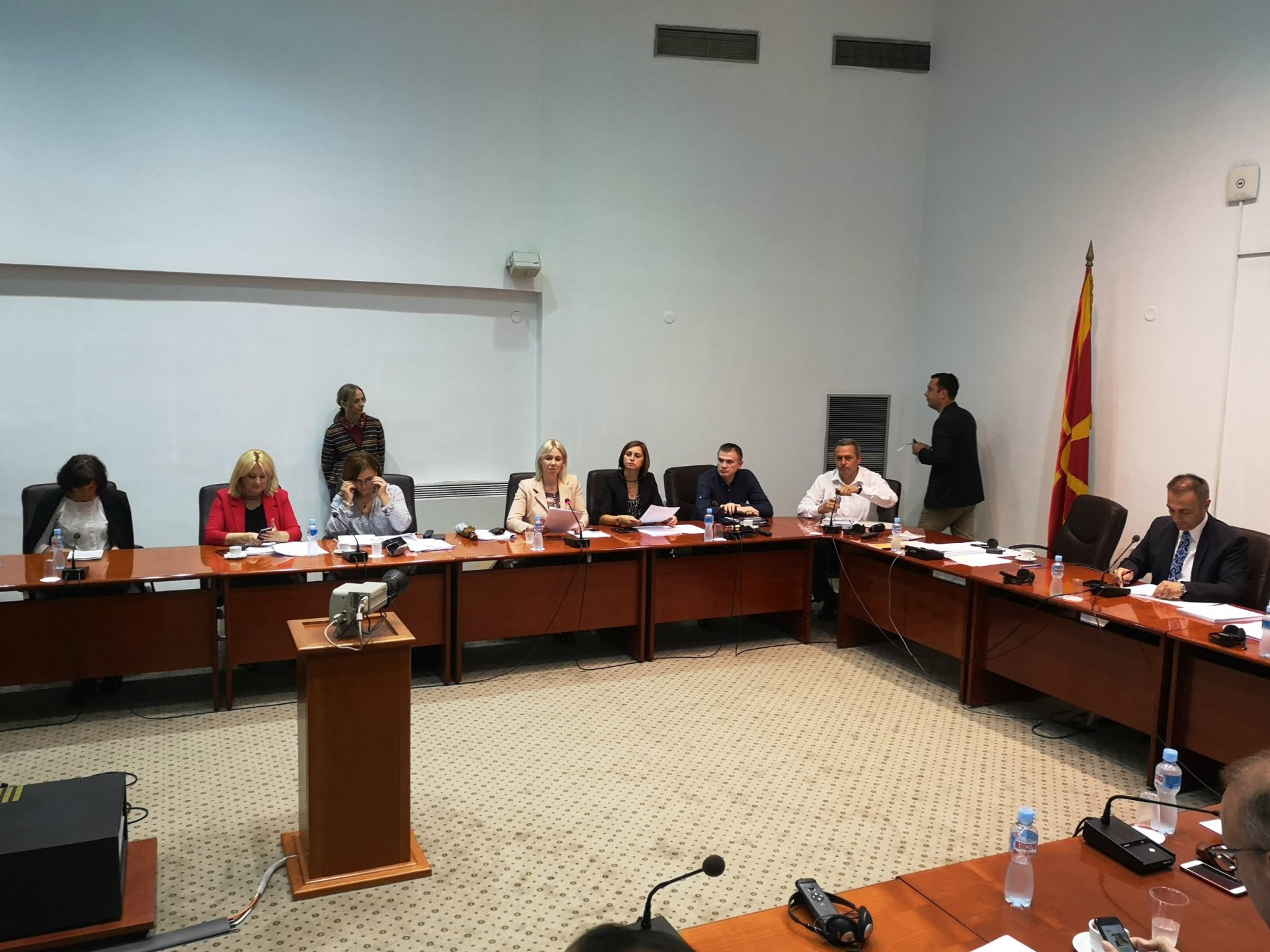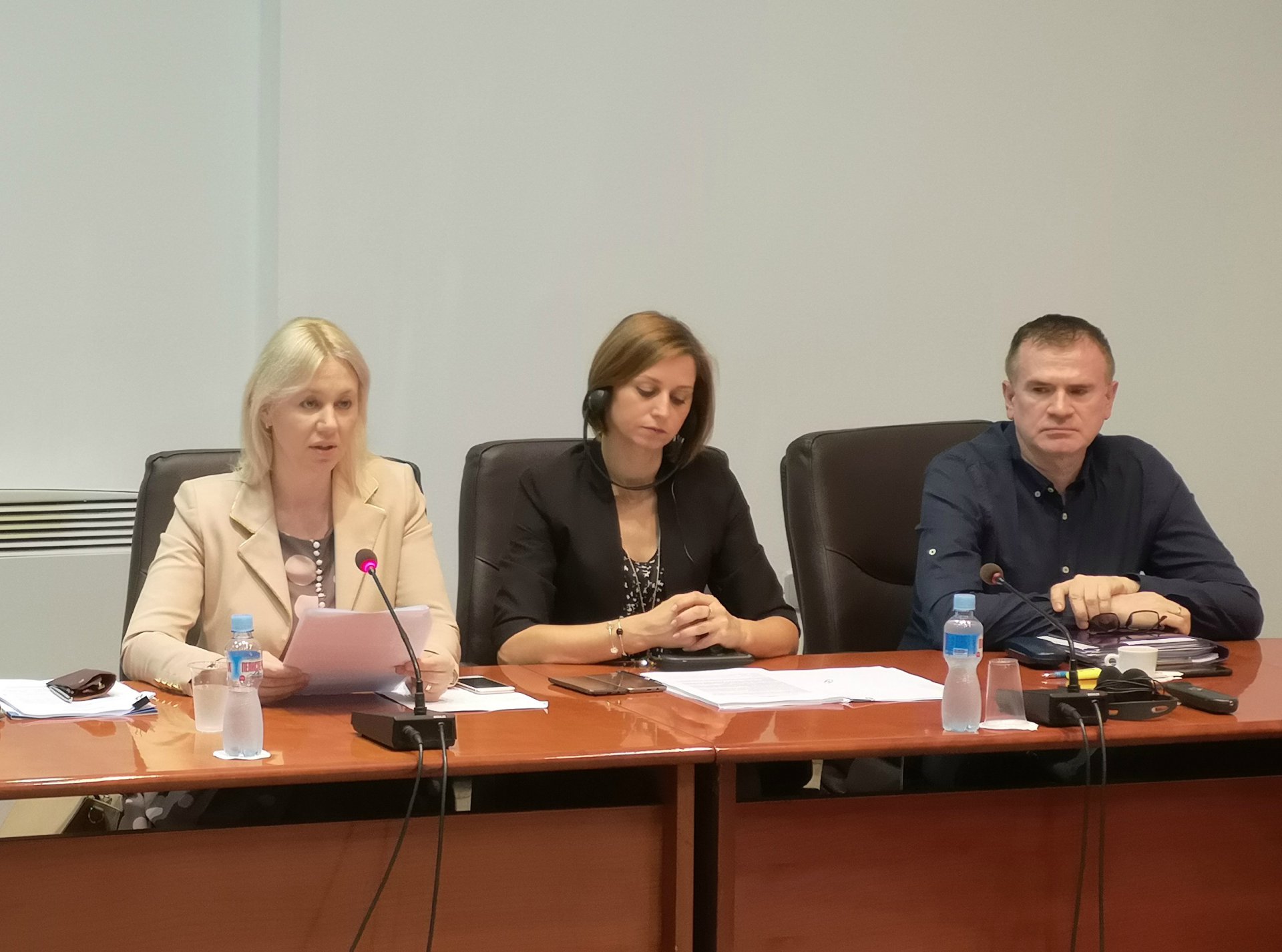16th July 2019, Skopje – Defence and security public contracts, pertaining to procurement of military equipment and sensitive security equipment, are regulated by a law for the first time. Deputy Minister of Finance, Shiret Elezi, underlined at the Commission debate at the Parliament held at the occasion of the new Law on Defence and Security Procurement. She pointed out that, in addition to harmonization with the EU Directives, adoption of this Law will contribute to rounding-up the comprehensive reform of the public procurement system, which will provide for rational spending of public funds, transparency and fair competition.

-Military equipment and sensitive security equipment are key to both the security and the sovereignty of each country. Procurement of goods, services and works in the defence and security sector is of a delicate nature, due to which a need arises to set up specific requirements for security of supply and security of data. Hence, when contracts include, require or contain classified information, the contracting authority indicates the measures and the requirements in the tender documentation which the economic operators are to meet, necessary to guarantee the protection of such information, Elezi said.
Elezi pointed out that defence and security public contracts are awarded by applying the restricted procedure, negotiated procedure with prior publication of a contract notice, negotiated procedure without prior publication of a contract notice and competitive dialogue.
-What is characteristic for these procedures is that they are carried out in two stages and provide for selecting qualified economic operators, which fully meet the requirements of the contracting authority, without thereby violating the principles of transparency, equal treatment and fair competition, Elezi said.

Deputy Minister underlined that considering the complexity and the specificity of such contracts, economically most advantageous tender is the criterion for awarding them. Application of this criterion may include three different approaches: the price only, the cost only – using the cost-effectiveness approach such, for instance, whole-life costs, or the best price-quality ratio. Regardless of the approach used, when evaluating the tenders, the economic element is to be always included, Elezi said.
She also said that the Law introduces the obligation for mandatory monitoring of contract execution.
-Having in mind that it is a matter of complex contracts the execution of which may include several subcontractors, may last longer and many resources may be spent, it is of vital importance for such contracts to be appropriately managed. Series of anti-corruption rules, as well as rules on preventing conflict of interest, are being introduced, contributing to the integrity of the whole contract award process as regards defence and security procurement, Elezi said.
She concluded that the adoption of the Law will provide for the contract award process as regards defence and security procurement, from the planning, carrying out the procurement procedures, to contract conclusion and execution, to be transparent, cost-effective and efficient on one hand, and to ensure protection of the security interests of the state and of the confidential information, on the other.














